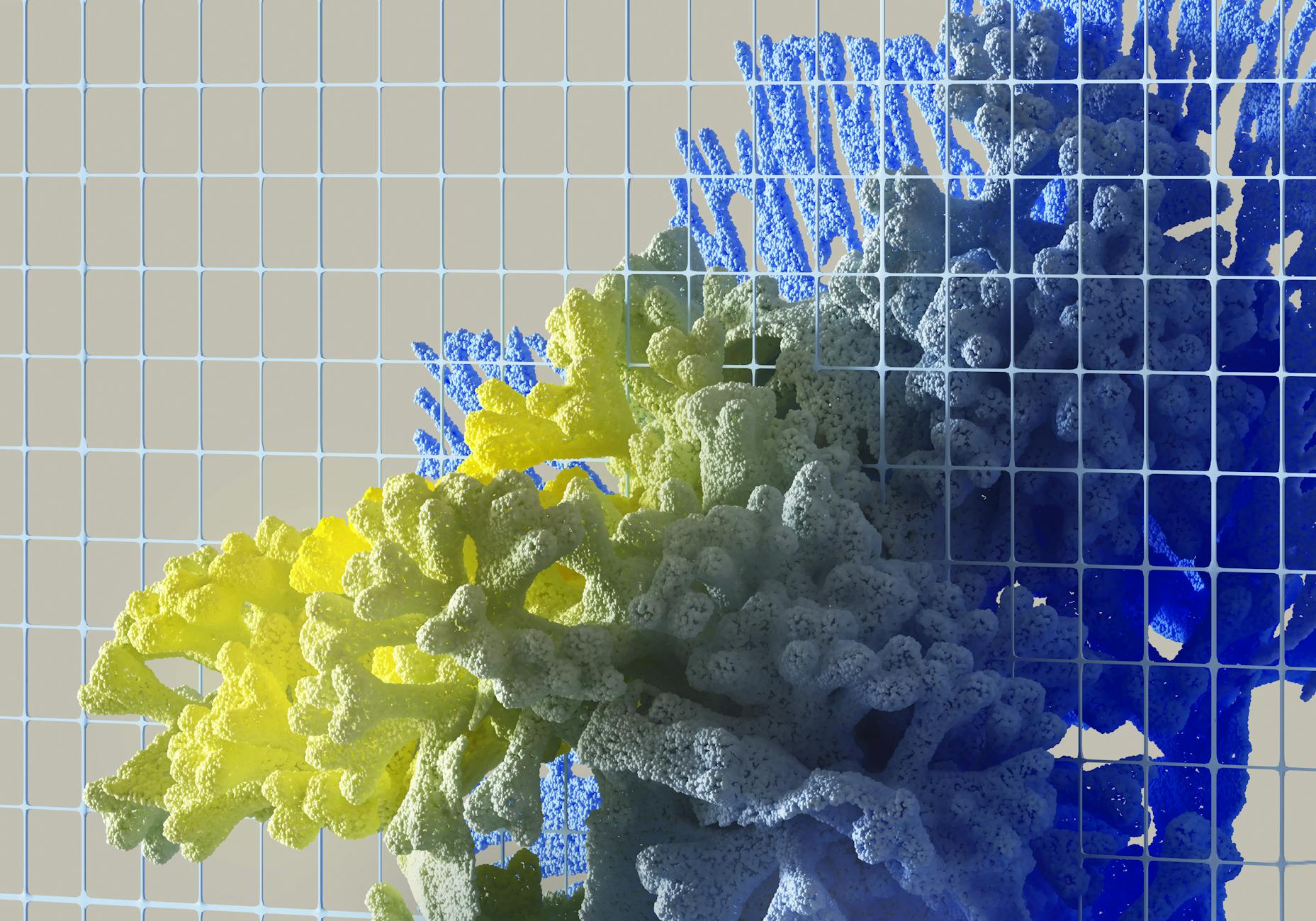Discover how to navigate the murky waters of AI ethics in the digital age with this comprehensive guide for beginners.
 Image courtesy of Google DeepMind via Pexels
Image courtesy of Google DeepMind via Pexels
Table of Contents
Hey there, fellow tech enthusiasts and ethical dilemmologists! Are you ready to dive into the complex world of artificial intelligence and the ethical considerations that come along with it? In this blog post, we are going to explore the fascinating yet sometimes murky waters of AI ethics and provide you with a practical guide to navigating the moral dilemmas of this cutting-edge technology. So buckle up, grab your favorite mug of coffee, and let’s embark on this journey together!
The Ethics of AI Decision-Making
When it comes to artificial intelligence, one of the biggest ethical challenges lies in the decision-making processes of AI systems. These systems are designed to make autonomous decisions based on vast amounts of data, but what happens when those decisions are biased or discriminatory? Just like humans, AI systems can perpetuate and even amplify societal biases, leading to real-world consequences for individuals and communities.
Transparency and Accountability in AI
Transparency is key when it comes to ensuring the ethical use of AI technology. As users and consumers, we have the right to know how AI systems make decisions that impact our lives. Without transparency, there is no accountability, and without accountability, there is no way to ensure that AI is being used ethically and responsibly.
Privacy and Data Protection
In the age of artificial intelligence, personal data has become a valuable commodity. AI systems rely on vast amounts of data to operate effectively, but what happens when that data is misused or mishandled? From data breaches to privacy violations, the potential harms of unethical data practices in AI are numerous and far-reaching.
Human-Computer Interaction and AI
AI-powered interfaces are becoming increasingly common in our daily lives, from virtual assistants to recommendation engines. But what are the ethical implications of these interactions? Can AI systems manipulate or deceive users, and if so, what safeguards can be put in place to protect people from harm?
Ethical Guidelines for AI Development
As we continue to innovate and push the boundaries of artificial intelligence, it’s more important than ever to establish clear ethical guidelines for AI development. From principles of fairness and transparency to guidelines for responsible data use, ethical considerations should be at the forefront of every AI project. By integrating ethical principles into AI development, we can ensure that this powerful technology is used in a way that benefits society as a whole.
As we wrap up our journey through the world of AI ethics, it’s clear that the ethical considerations surrounding artificial intelligence are vast and complex. By staying informed, engaging in dialogue with experts and stakeholders, and advocating for ethical practices in AI development and use, we can help shape a future where AI is used responsibly and ethically for the betterment of society. So let’s continue to explore, learn, and grow in our understanding of AI ethics – together!




